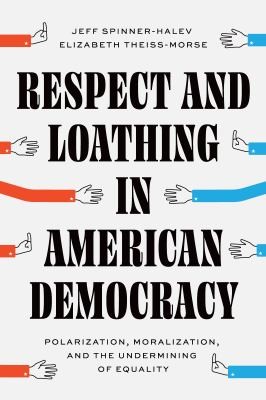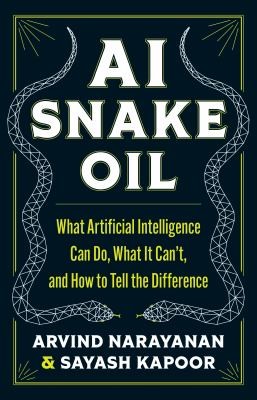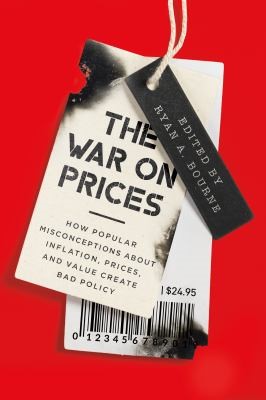For November, listed below are some recently acquired ebooks added to the RLB Library’s ebook collection.
Respect and Loathing in American Democracy : Polarization, Moralization, and the Undermining of Equality by Jeff Spinner-Halev and Elizabeth Theiss-Morse, 2024.
Respect is in trouble in the United States. Many Americans believe respecting others is a necessary virtue, yet many struggle to respect opposing partisans. Surprisingly, it is liberal citizens, who hold respect as central to their view of democratic equality, who often have difficulty granting respect to others. Drawing on evidence from national surveys, focus groups, survey experiments, and the views of political theorists, Jeff Spinner-Halev and Elizabeth Theiss-Morse explain why this is and why respect is vital to—and yet so lacking in—contemporary US politics.
Respect and Loathing in American Democracy argues that liberals and conservatives are less divided than many believe, but alienate one another because they moralize different issues. Liberals moralize social justice, conservatives champion national solidarity, and this worldview divide keeps them at odds.
Respect is both far-reaching and vital, yet it is much harder to grant than many recognize, partly because of the unseen tension between respect, social justice, and national solidarity. Respect and Loathing in American Democracy proposes a path forward that, while challenging, is far from impossible for citizens to traverse.
AI snake oil : what artificial intelligence can do, what it can’t, and how to tell the difference by Arvind Narayanan and Sayash Kapoor, 2024.
From two of TIME’ s 100 Most Influential People in AI, what you need to know about AI—and how to defend yourself against bogus AI claims and products Confused about AI and worried about what it means for your future and the future of the world? You’re not alone. AI is everywhere—and few things are surrounded by so much hype, misinformation, and misunderstanding. In AI Snake Oil , computer scientists Arvind Narayanan and Sayash Kapoor cut through the confusion to give you an essential understanding of how AI works and why it often doesn’t, where it might be useful or harmful, and when you should suspect that companies are using AI hype to sell AI snake oil—products that don’t work, and probably never will. While acknowledging the potential of some AI, such as ChatGPT, AI Snake Oil uncovers rampant misleading claims about the capabilities of AI and describes the serious harms AI is already causing in how it’s being built, marketed, and used in areas such as education, medicine, hiring, banking, insurance, and criminal justice. The book explains the crucial differences between types of AI, why organizations are falling for AI snake oil, why AI can’t fix social media, why AI isn’t an existential risk, and why we should be far more worried about what people will do with AI than about anything AI will do on its own. The book also warns of the dangers of a world where AI continues to be controlled by largely unaccountable big tech companies. By revealing AI’s limits and real risks, AI Snake Oil will help you make better decisions about whether and how to use AI at work and home.
Black cyclists: the race for inclusion by Robert J. Turpin, 2024.
This book “explores the history and challenges faced by African American cyclists within the broader context of racism in sports in the United States. The book delves into the societal barriers and the struggle for inclusion faced by Black cyclists, highlighting their contributions and resilience. Turpin aims to shed light on the intersection of race and sports, offering insights into how systemic racism has affected participation and recognition in cycling. The work is intended for readers interested in sports history, racial studies, and social justice, combining thorough research with personal anecdotes to provide a comprehensive view of the subject.”
Microbes : the unseen agents of climate change by David L. Kirchman, 2024.
From heat waves and wildfires to flooding and record droughts, the impacts of climate change are now obvious. While the primary cause is the rise in greenhouse gases mainly from the burning of fossil fuels such as coal and petroleum, the complete story behind greenhouse gases also involves microbes and what they are doing in natural ecosystems. Although microbes contribute to the problem by producing greenhouse gases, climate change would be even more severe if not for other microbes that consume greenhouse gases. Understanding and solving the biggest environmental problem facing us today depends on the smallest organisms, microbes.
Social media and adolescent health by National Academies of Sciences, Engineering, and Medicine, 2024.
Social media has been fully integrated into the lives of most adolescents in the U.S., raising concerns among parents, physicians, public health officials, and others about its effect on mental and physical health. Over the past year, an ad hoc committee of the National Academies of Sciences, Engineering, and Medicine examined the research and produced this detailed report exploring that effect, and laying out recommendations for policymakers, regulators, industry, and others in an effort to maximize the good and minimize the bad. Focus areas include platform design, transparency and accountability, digital media literacy among young people and adults, online harassment, and supporting researchers.
The war on prices: how popular misconceptions about inflation, prices, and value create bad policy by Ryan A. Bourne, 2024.
Was inflation’s recent spike exacerbated by corporate greed? Do rent controls really help the needy? Are U.S. health care prices set in a Wild West marketplace? Do women get paid less than men for the same work, and do they pay more than men for the same products? The War on Prices is an eye-opening book that answers all these burning questions and more, as top economists debunk popular misconceptions about inflation, prices, and value. Market prices are under siege. The war on prices is waged most obviously with damaging government price controls and the harmful effects of central bank monetary mismanagement, as we saw with the recent inflation. Yet these bad policies are propped up by widespread, misguided public beliefs about the causes of inflation, the effects of price controls, and the inherent morality of market prices. Breaking down these complex issues into three distinct sections?inflation, price controls, and value?this book both sheds light on long-standing contentions and brings economic theory and evidence to bear in today’s most contentious debates. Threaded through the book is a revealing truth: too many of us misunderstand the origin, role, and worth of market prices in our economy. The old insult goes that “economists know the price of everything and the value of nothing.” The War on Prices shows that good economists?and soon, you?can appreciate the value of unshackled market prices in delivering prosperity.





